Several leaders from the Indo-Pacific region will participate in the afternoon session, Hungarian Minister of Foreign Affairs and Trade Peter Szijjarto noted on the closing day of the NATO summit. He welcomed the North Atlantic Treaty Organization's efforts to develop its external relations and to seek reliable and mutually respectful cooperation with other parts of the world.
"However, we must remind ourselves what the acronym NATO stands for, or at least its first two letters, and what the founders intended when they established NATO. [...] NA stands for North Atlantic. It is fine when NATO focuses on cooperation in the regions of the Pacific and Indian Oceans, but only as long as it is not directed against someone," he warned.
Therefore we would not support anyone pushing NATO’s Indo-Pacific relations in the direction of NATO becoming an anti-China bloc. That would be a massive tragedy,
he said.
He pointed out that the world is already taking huge strides in the direction of repeatedly forming blocs, which is against Hungary's interests, because the country has always lost out on conflicts between the East and the West.
"So we don’t want NATO to be an alliance against anyone," he underlined.
Peter Szijjarto stressed that the Hungarian government supports Indo-Pacific partnerships that embraced friendly countries such as South Korea and Japan, noting their major role in Hungary’s economy and automotive revolution.
So they are absolutely our friends, but we don't want NATO to move towards forming an anti-China bloc,
he emphasized.
Finally, the foreign minster pointed out that NATO must take into consideration its role as a defense alliance when building foreign relations. "We cannot become an aggressor alliance and form an anti-China bloc," he added.
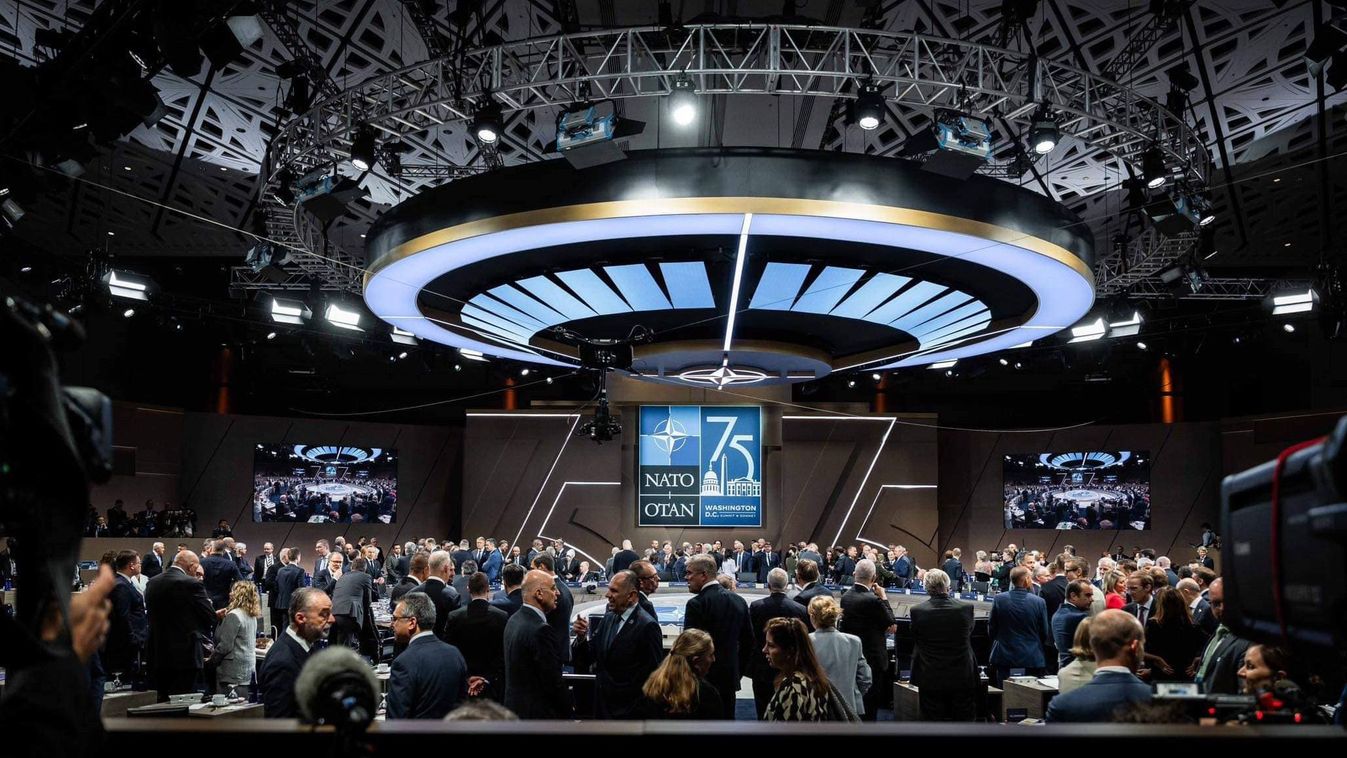

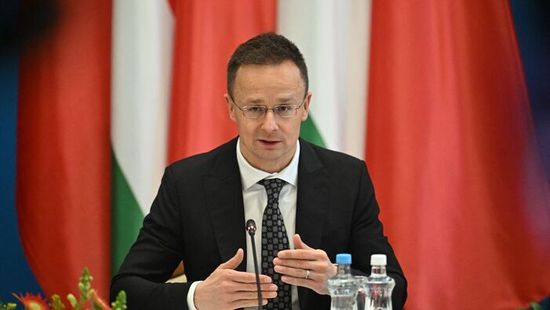
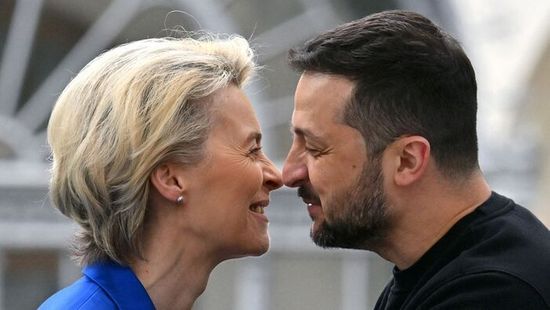
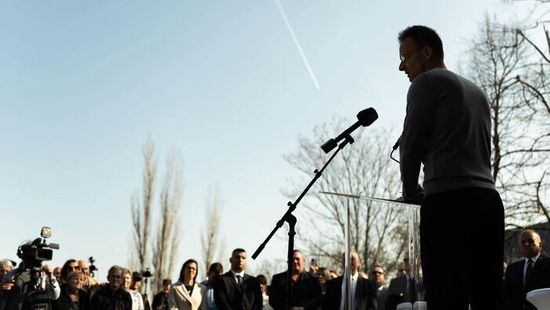

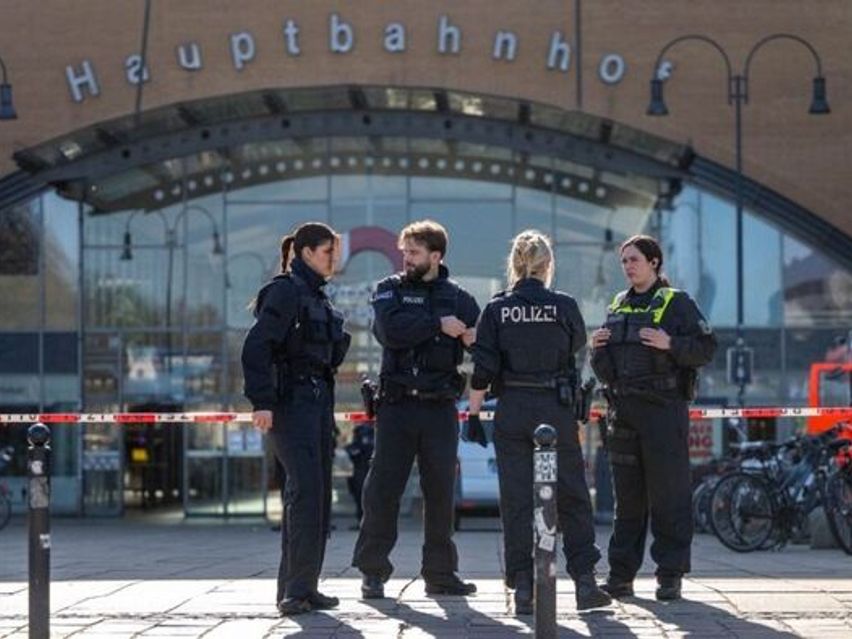
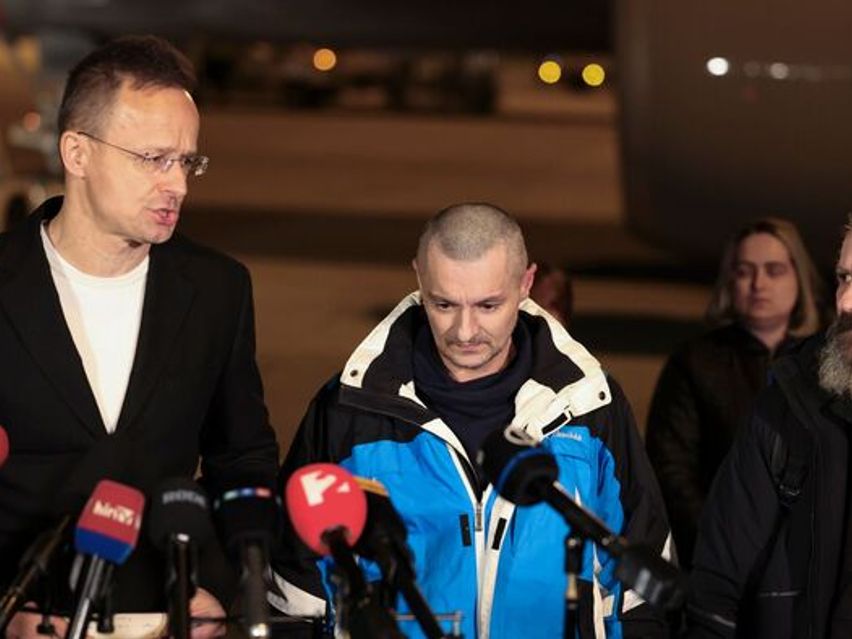
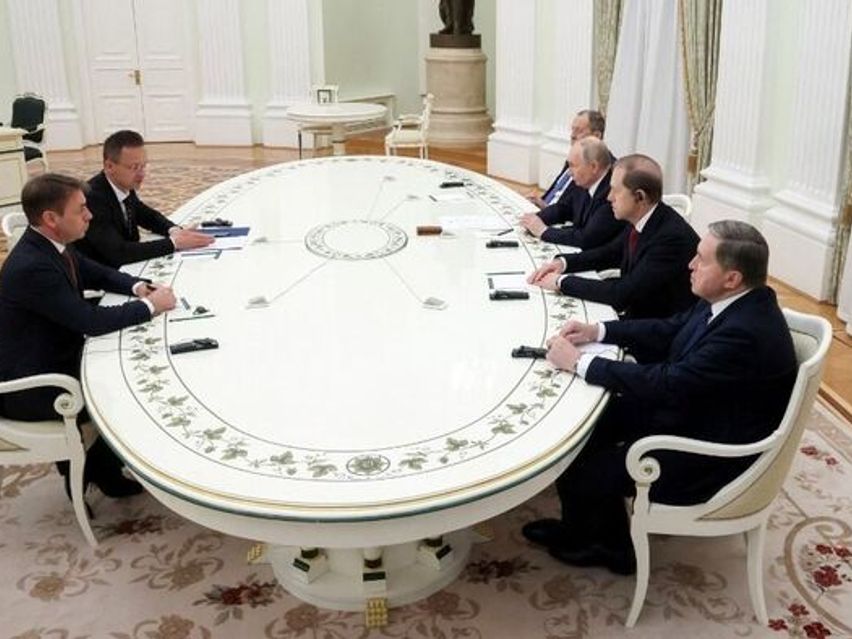


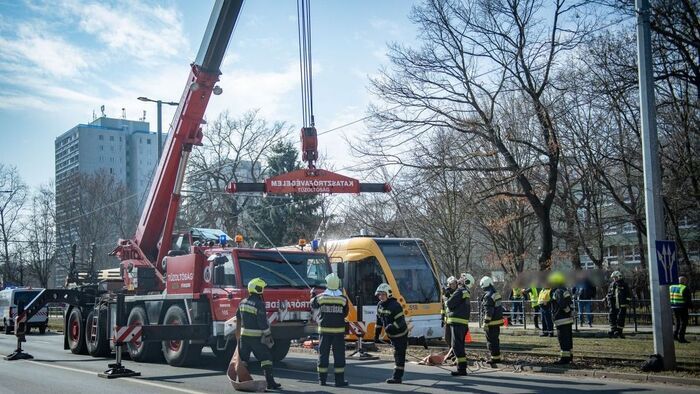



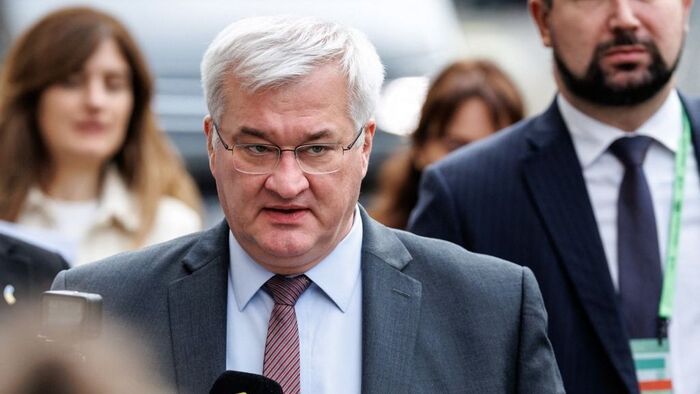
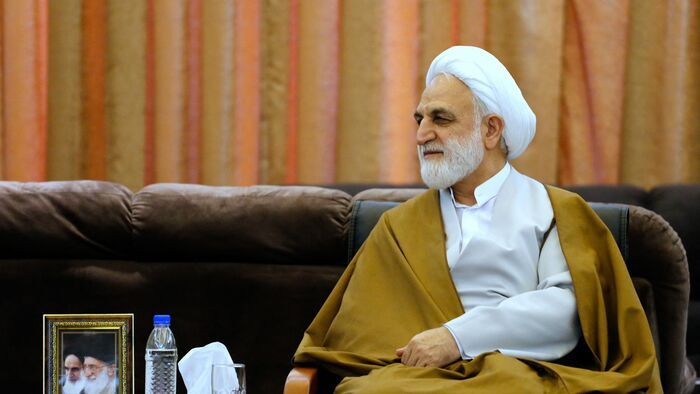
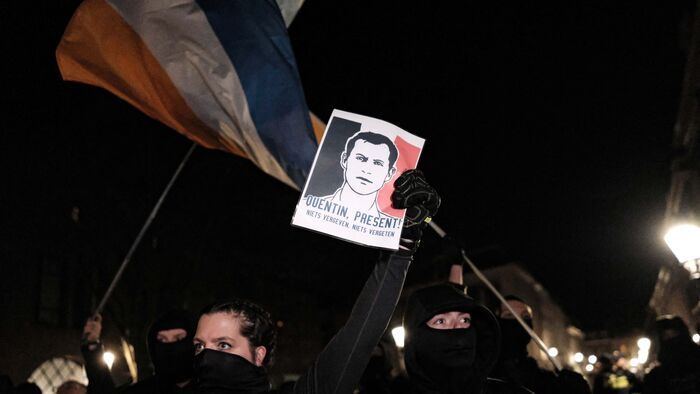


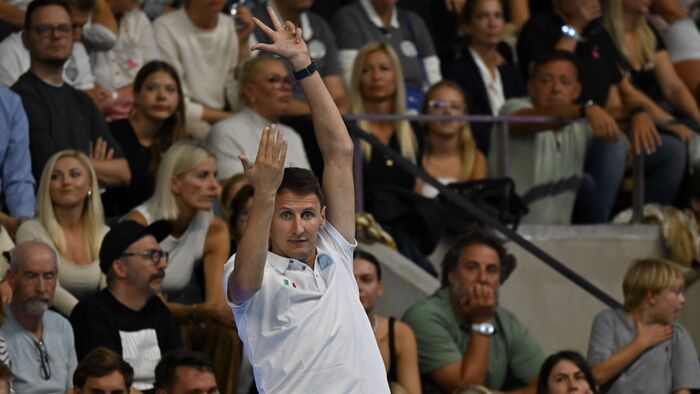
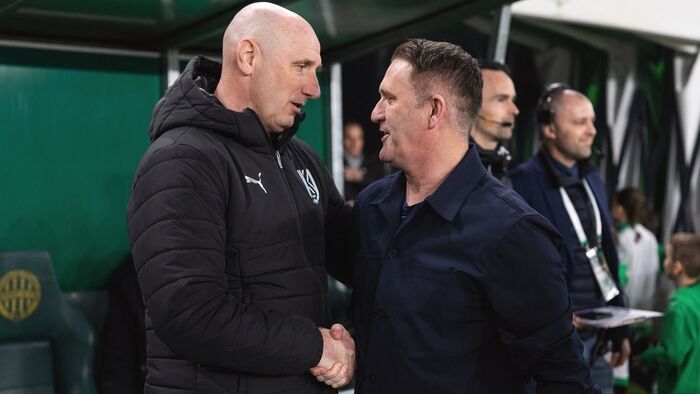

Szóljon hozzá!
Jelenleg csak a hozzászólások egy kis részét látja. Hozzászóláshoz és a további kommentek megtekintéséhez lépjen be, vagy regisztráljon!